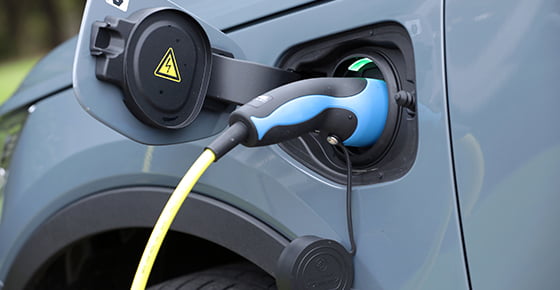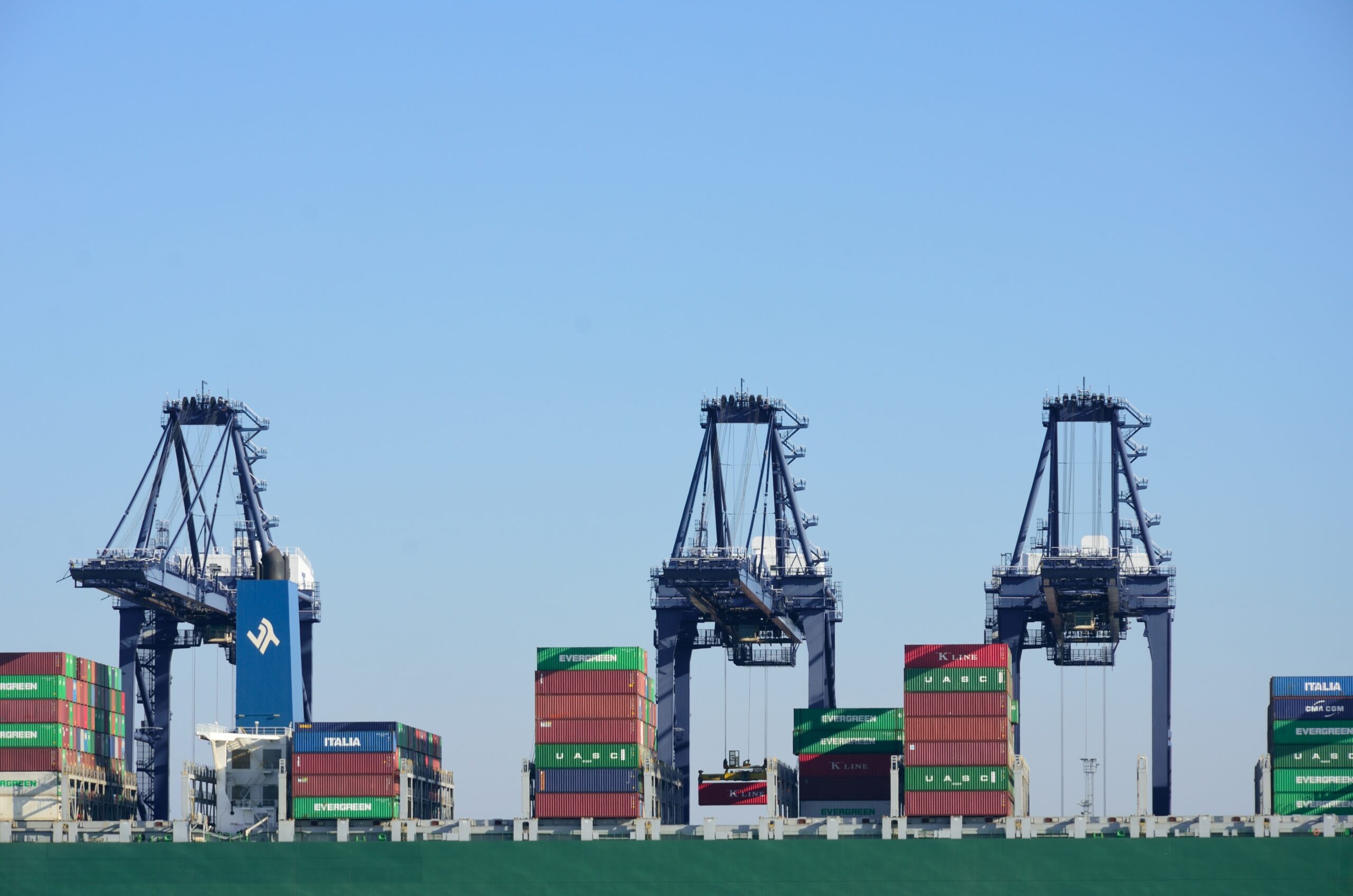
Last week, SMMT published the latest light commercial vehicle registration figures, which showed more than 51,000 new vans, 4x4s and pick-ups joined UK roads in March – a year-on-year decline of -3.2%. However, demand for electric vans weighing up to 4.25 tonnesrose for the sixth month running, reaching a new monthly record of 4,215 units. Demand still remains behind the ambition set by the Zero Emission Vehicle (ZEV) Mandate, with greenest vans taking a market share of 8.3% – just over half the 16% share required this year.
That’s why, this week, it was a welcome step that government announced the results of its consultation on the mandate – providing clarity on the cutting-edge technologies that will be part of the UK’s world-leading decarbonisation timeline up to 2035, along with additional regulatory flexibilities for vans. The trajectory of new van market decarbonisation remains changed, with an ambitious 70% share required by 2030. Delivery demands a follow-up of significant support that encourages more van fleet operators to go electric.
The Plug-in Van Grant has been renewed and will hold in place until April 2026 and this week, Parliament voted to remove the five-hour training requirement for driving 4.25-tonne electric vans, which will help to open up the market. A nationwide plan for the rollout of public, van-dedicated charging infrastructure is really important and it must be ramped up quickly, along with further measures that reduce the total cost of ownership, so that operators in every part of the UK can be confident to run their fleets on zero emissions.
Headwinds remain though with the introduction of new tax changes on Sunday to treat double-cab pick-ups as cars, rather than commercial vehicles, for benefit in kind and capital allowances purposes. SMMT data shows there was a 40.6% surge in new pick-up registrations in March, ahead of the changes, with businesses keen to avoid the large additional costs they will face. Businesses in a wide range of sectors depend on pick-ups, but it is likely that many will hold off investing, keeping their older and more polluting vehicles on the road and, counteractively, reducing tax revenues. SMMT continues to urge government to reconsider the change with a one-year pause on its implementation so that businesses can prepare during what is a turbulent and challenging moment for our industry.

